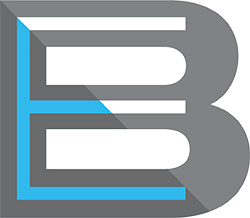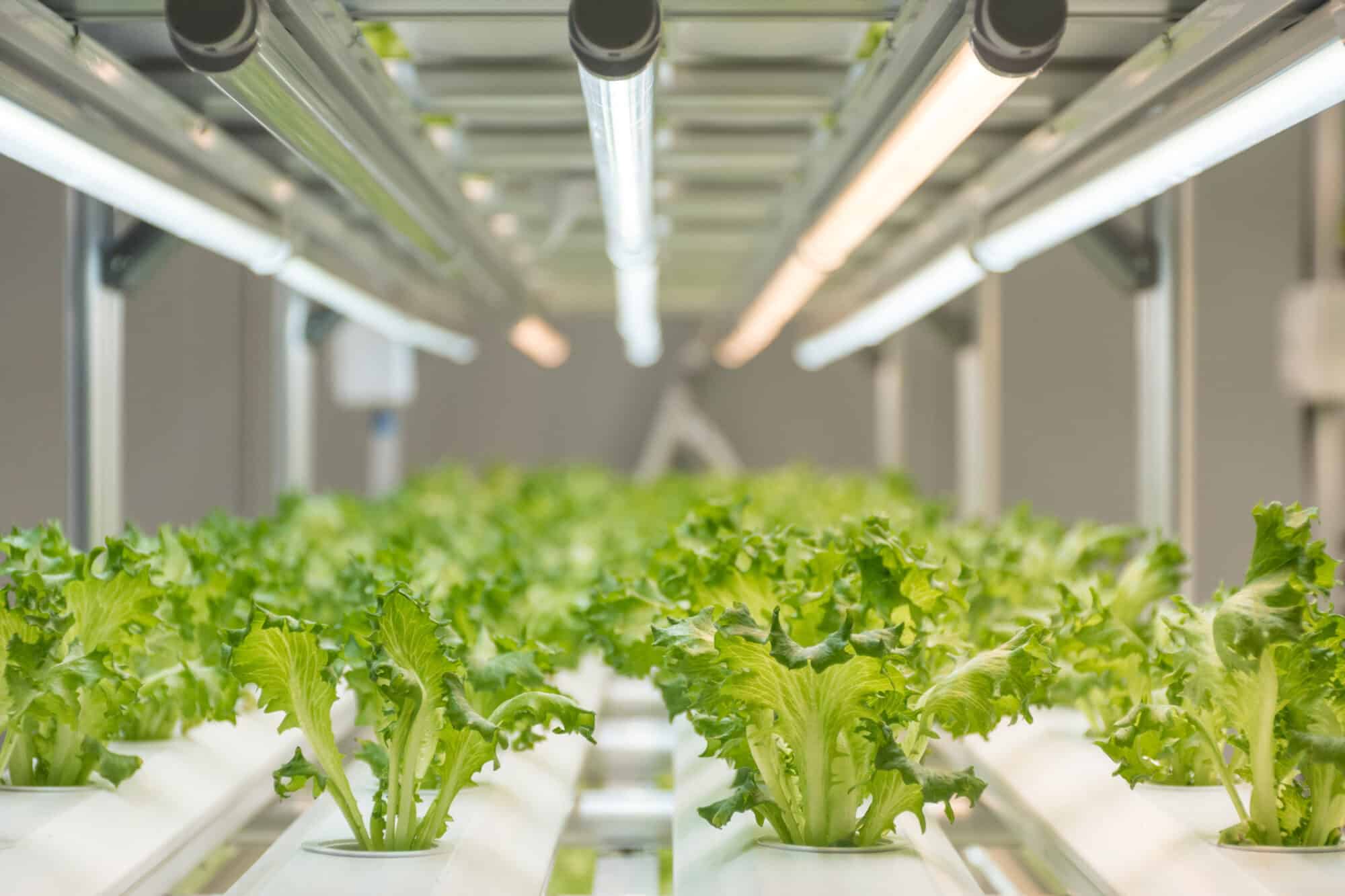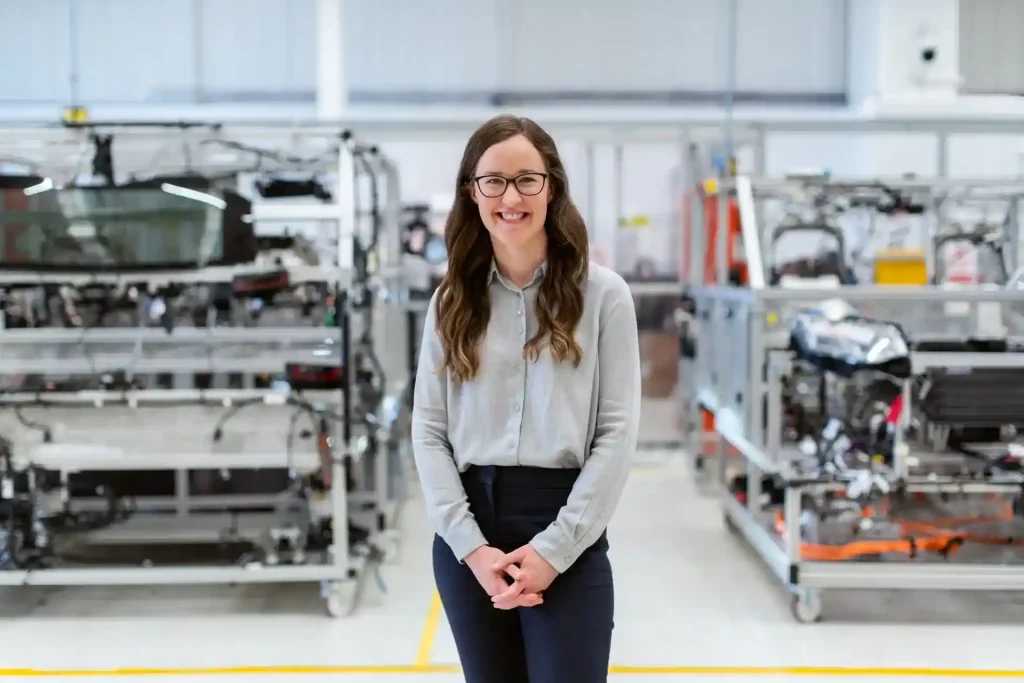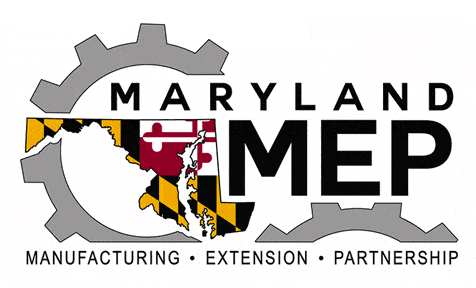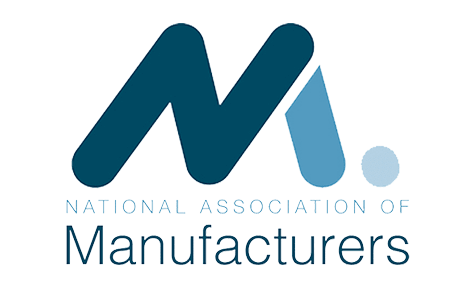What is a commercial sanitizing system?
A sanitizing system is an integral part of any commercial farming operation, providing a safe and effective way to keep agricultural equipment free from contamination. Sanitization and aqueous cleaning systems use techniques to remove dirt, debris, algae, bacteria, and other contaminants from commercial farming parts and surfaces. Commercial farming parts washing systems are designed to provide deep cleaning and sanitization of agricultural equipment. By removing bacteria, fungi, and other microbes from commercial farming parts, a sanitizing system helps to protect the quality of food products and ensure the safety of food production environments.
Additionally, sanitizing systems are essential for commercial hydroponic growers who need to clean growing towers and other vertical farm equipment. Hydroponic agriculture requires high levels of sanitation to promote healthy plant growth and reduce disease risk. An aqueous cleaning system can safely clean and sanitize hydroponic equipment without damaging delicate components. For commercial farming operations, using commercial farming parts washing systems can help reduce the risk of contamination due to contact with humans or animals. Regularly cleaning farm equipment helps farmers create safer and healthier working conditions while protecting against cross-contamination between crops. Lastly, commercial farmers need access to agriculture sanitization technology that can effectively wash and disinfect all agricultural equipment, especially those used in the field or outdoors. By investing in commercial farming parts washing systems, farmers can maintain high levels of sanitation throughout their entire operation and produce higher-quality crops.
Why are sanitizing systems important for hydroponic commercial farms?
Hydroponic commercial farms, whether indoor or outdoor, require proper sanitization to ensure their crops’ safety and customers’ health. Without proper agriculture sanitization, farms risk contamination which can result in costly losses.
Sanitization systems help to prevent contamination by eliminating bacteria, fungi, and other harmful microorganisms that may be present on the farm’s equipment, surfaces, and soil. Additionally, sanitizing systems help to prevent cross-contamination between crops, ensuring that the product is safe for consumption.
Sanitizing systems also protect employees from exposure to potentially dangerous substances and increase the overall efficiency of farming operations. Proper sanitization helps to reduce labor costs and improve crop yields. As such, investing in a quality sanitation system can have significant benefits for any hydroponic commercial farm.
Why should hydroponic growers use automated washing and sanitizing systems to clean components like grow towers?
Commercial hydroponic growers should consider using automated washing and sanitizing systems to clean components like grow towers for several reasons:
- Efficiency: Automated washing and sanitizing systems can significantly improve the efficiency of the cleaning process. They are designed to clean multiple components simultaneously, reducing the time and effort required compared to manual cleaning methods. This allows growers to focus on other essential tasks, ultimately increasing productivity.
- Consistency: Automated systems follow predetermined cleaning protocols, ensuring a consistent and thorough cleaning of grow towers and other components. Manual cleaning methods may vary in effectiveness depending on the individual performing the task. Consistency in cleaning helps maintain a clean and sanitized environment, reducing the risk of contamination and plant diseases.
- Sanitation: Maintaining a clean and sanitized hydroponic system is crucial for the health of the plants. Automated washing and sanitizing systems use specialized cleaning agents and techniques to effectively remove dirt, debris, and pathogens from the components. Proper sanitation minimizes the risk of pests, diseases, and other contaminants that could harm plants.
- Prevention of cross-contamination: Automated systems can help prevent cross-contamination between different batches or crops. By thoroughly cleaning the grow towers and associated equipment, the risk of carrying over pathogens or pests from one crop to another is significantly reduced. This promotes a healthier growing environment and reduces the need for excessive pesticide or fungicide applications.
- Time-saving: Cleaning and sanitizing components manually can be time-consuming, especially in more extensive hydroponic operations. Automated systems can complete the cleaning process in a fraction of the time, allowing growers to allocate their time and resources more efficiently.
- Scale and expansion: As hydroponic operations scale up or expand, the workload for cleaning and sanitizing also increases. Automated washing and sanitizing systems are designed to handle larger volumes of components, making them suitable for more extensive operations. They provide scalability and allow growers to maintain consistent cleanliness standards as their operations grow.
Automated washing and sanitizing systems offer hydroponic growers a more efficient, consistent, and effective method for cleaning grow towers and other components. They contribute to a cleaner, healthier growing environment, reducing the risk of contamination, improving plant health, and increasing overall productivity.
What equipment is used to clean vertical farm equipment?
Cleaning vertical commercial farm equipment is essential to maintain a clean, contamination-free environment. Automated parts washers, automated aqueous cleaning systems, and automated aqueous sanitization machines are all similar terms for crucial equipment that should be considered for efficient and effective cleaning of vertical farm equipment.
Automated parts washers are great for removing tough, stubborn dirt, dust, and debris from hard-to-reach places. These machines use pressurized water, detergents, and other agents, like SaniDate, to clean and sanitize parts thoroughly with minimal human intervention. In addition, they can also clean multiple parts at once and even automate the process of loading and unloading parts via robot or conveyance.
Automated aqueous cleaning systems are designed to reduce the time needed to clean vertical farm equipment. These machines use hot water, high pressure, and detergents to deep clean parts without scrubbing them manually. Automated aqueous sanitization machines are essential for preventing the spread of harmful bacteria on vertical farm equipment. These machines use high-pressure, heat, and chemical sanitizers to sanitize vertical farm equipment. No matter the equipment you need to clean, automated solutions are available to help maintain the safety and sanitation of your vertical farm. Automated parts washers, aqueous cleaning systems, and aqueous sanitization machines offer effective methods to swiftly and efficiently clean and sanitize your farm equipment. These solutions eliminate the need for labor-intensive hand scrubbing, saving you hours of manual work.
How to choose the right sanitizing system for your farm?
When it comes to choosing the appropriate sanitizing system for your farm, several key factors should be taken into account. The primary consideration is the type of cleaning machine you opt for. Many commercial hydroponic farms utilize parts washer sanitization machines to maintain the cleanliness of their equipment and grow towers.
These machines employ high-pressure spray. They also utilize specialized sanitizing detergents formulated to effectively eliminate stubborn soil, debris, bacteria, and algae without causing harm to the equipment or crops. Moreover, they are designed with energy efficiency and help minimize water usage.
In addition to selecting a suitable cleaning machine, it is crucial to consider the size of the sanitization system. Different sizes of sanitization systems are available, and choosing one that aligns with your specific needs is essential. It is important to factor in the frequency of use when determining the appropriate size. If your farm operates daily, a larger system might be necessary compared to one used once or twice weekly.
Lastly, ensuring that the sanitizing system you choose is certified by a reputable industry-standard organization is vital. This certification assures that the machine meets the safety and performance requirements for your farm.
By carefully selecting a suitable sanitizing system for your commercial hydroponic farm, you can have peace of mind knowing that your equipment will remain safe and free from contamination.

